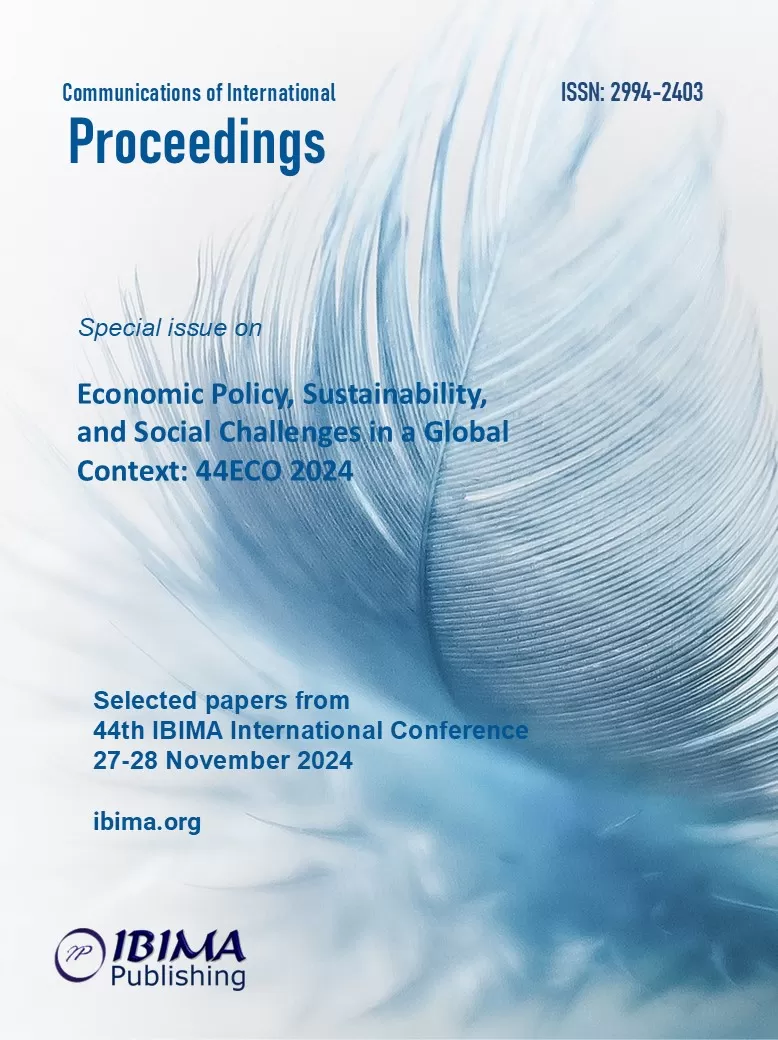
Adam WYSZOMIRSKI, Joanna DYCZKOWSKA and Dariusz KLOSKOWSKI
University of Technology in Koszalin, Koszalin, Poland

The main reason for undertaking work on the study was the adoption of the AFIR regulation (Alternative Fuels Infrastructure Regulation), which generates numerous challenges in the field of infrastructure for electromobility, which EU member states must meet. Based on the aforementioned regulation, Poland, as a member of the European Union, faced a huge challenge of adapting the infrastructure of alternative fuels to AFIR requirements. Since the analyzed infrastructure in Poland is not adapted to AFIR requirements and is developing too slowly, undertaking work on explaining the problems associated with it turned out to be a key objective of the study.
This problem can be noted quite briefly in the literature, because it is quite new and there is no clear scientific position on the issue of electromobility yet. Therefore, the research problem itself was focused on the structure of electromobility, including the development of infrastructure in the aspect of the AFIR regulation. The research hypothesis concerns the development possibilities of infrastructure availability in Poland.
The study conducted an analysis of the available literature in Poland in the context of the flow of cargo streams in various directions, taking into account intermodality. The research used secondary analysis of literature sources and the case study method as research methods.
In the article, after presenting the basic assumptions of AFIR and defining the TEN-T network, the structure of the electric vehicle market in Germany and Poland and plans for the development of alternative fuel infrastructure using Poland as an example were described. As a result of the research, a synthesis and articulation of conclusions were made, which are directed around the thesis that the adaptation of the alternative fuel infrastructure in Poland, i.e. charging zones equipped with charging stations for LDV and HDV electric vehicles to the EU requirements specified in the AFIR regulation requires taking decisive action towards planning the location of the analyzed zones and then building such zones..